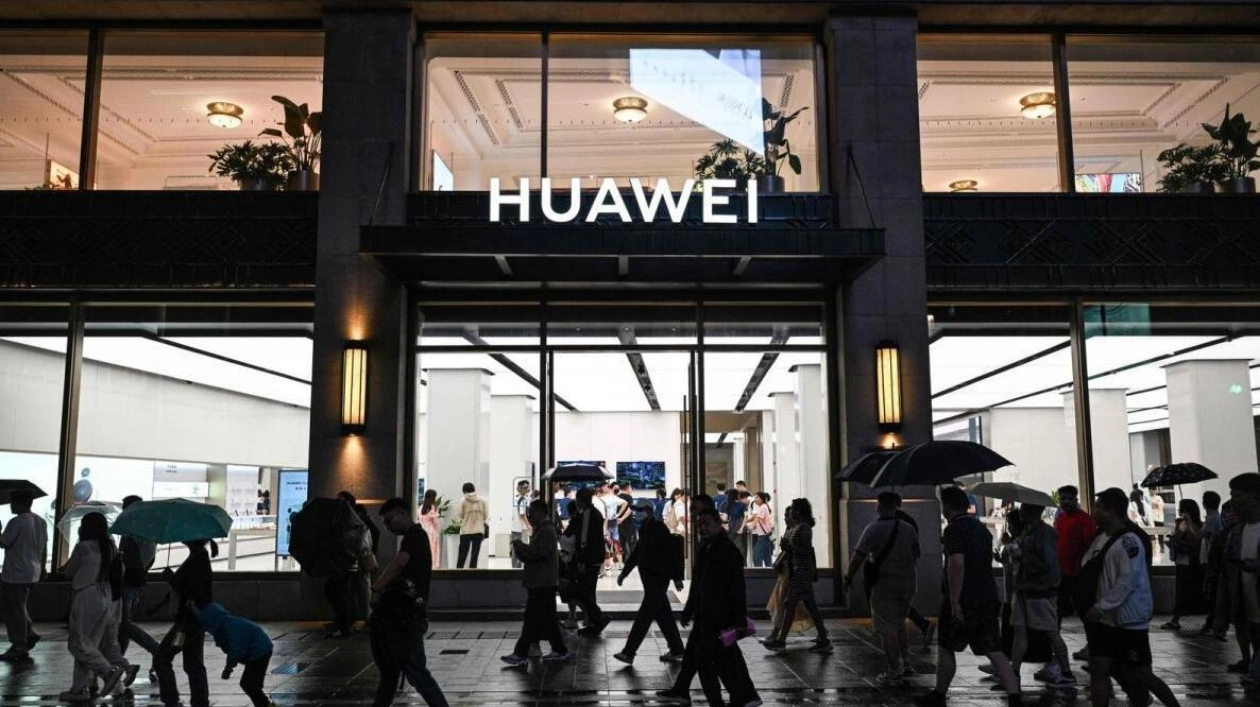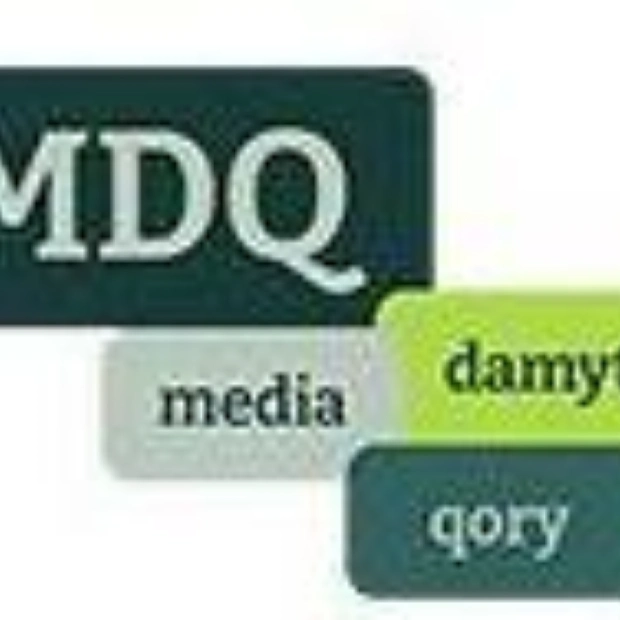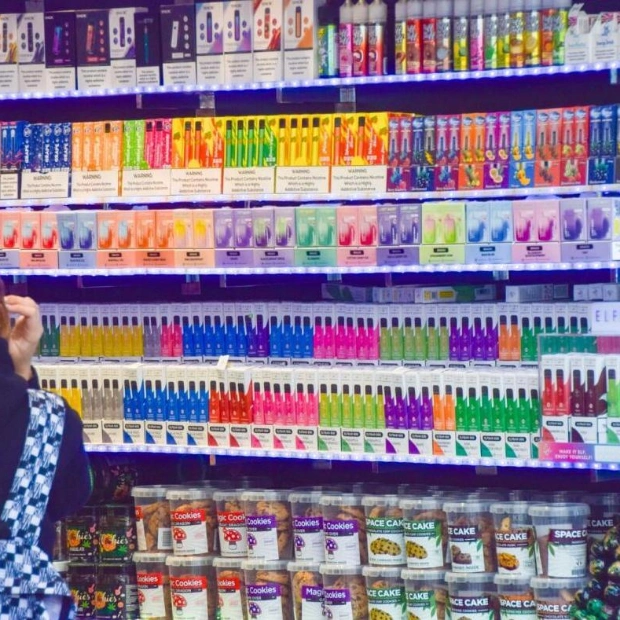The Biden administration has withdrawn eight licenses this year that permitted certain companies to export goods to Huawei, the prominent Chinese telecommunications equipment manufacturer, as reported by a document obtained by Reuters. The administration aims to exert pressure on the recovering company. In May, the Commerce Department, responsible for overseeing U.S. export policies, announced the revocation of "certain" licenses without identifying the affected suppliers by name or number. At that time, Reuters revealed that licenses for Qualcomm and Intel were among those revoked.
The document, in response to an inquiry from Republican Congressman Michael McCaul, states that "since the start of 2024, (the Commerce Department) has revoked eight additional licenses involving Huawei." Huawei, Qualcomm, and Intel have not yet responded to requests for comment.
This development highlights the Biden administration's efforts to impede Huawei's resurgence, despite the company's recent rebound, which counters Washington's attempts to undermine it on national security grounds. Huawei has consistently denied being a security threat. This move also reflects the pressure from Republican hardliners in Congress who advocate for stronger measures against the company, following its surprising release of a new smartphone in August, equipped with a sophisticated chip from Chinese manufacturer SMIC, despite U.S. export restrictions on both entities.
The new smartphone contributed to a 64% year-over-year increase in Huawei's smartphone sales during the first six weeks of 2024, according to research firm Counterpoint. Additionally, Huawei's smart car component business has fueled its resurgence, achieving its fastest revenue growth in four years in 2023. Huawei was placed on a U.S. trade restriction list in 2019 due to concerns about potential espionage against Americans. Being on this list requires Huawei's suppliers to obtain a challenging special license before shipping goods.
Despite these restrictions, Huawei suppliers have received licenses worth billions of dollars to sell goods and technology to the company, facilitated by a policy from the Trump administration that allowed a broader range of items to be exported to Huawei compared to typical entity-listed companies. The document, scheduled to be sent to McCaul on Tuesday, reveals that license approvals for Huawei include "exercise equipment, office furniture, and low-technology components for consumer mass-market items, such as touchpad and touchscreen sensors for tablets," which are readily available in China from both Chinese and foreign sources, according to the Commerce Department.
The summary also indicates that from 2018 to 2023, the agency approved $335 billion worth of licenses from a total of $880 billion applications seeking permission to sell to Chinese entities on the list. Notably, $222 billion of these approvals were granted in 2021, President Biden's first year in office, from $560 billion in applications received that year, the agency added.






